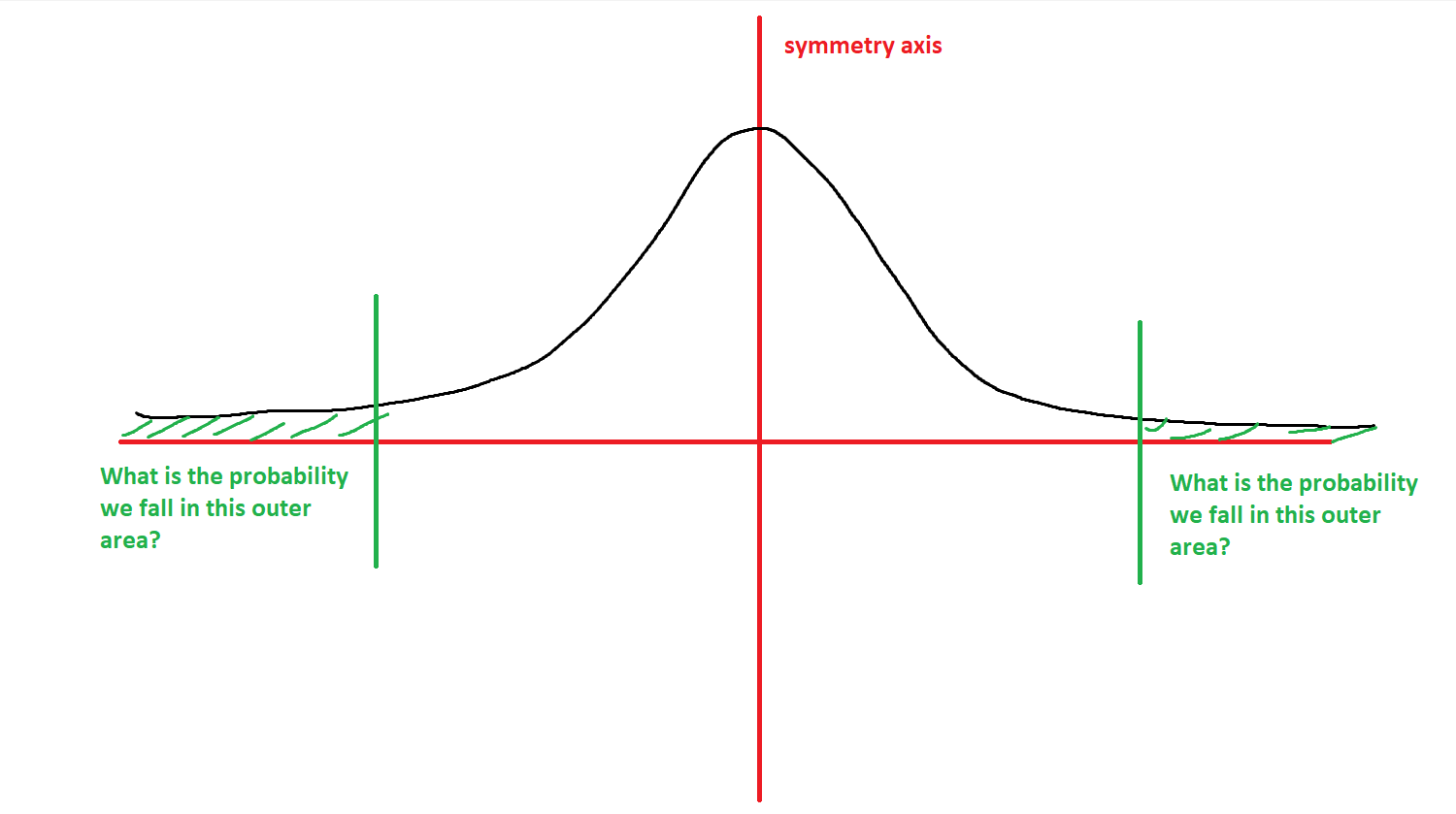-
Notifications
You must be signed in to change notification settings - Fork 0
Improve differentiation between required and optional #912
Description
Is your feature request related to a problem?
The formula we are using right now is overcomplicated and does not always work well.
Desired solution
When checking whether the set annotation was correct, we basically just looked at the two topmost bars of the value histogram. Thus, the formula should only depend on how often the most common value is used (
For example, we could have these two checks that must both be true:
The first check would ensure we have enough data and the second that there is a clear most common value.
Possible alternatives (optional)
Random idea: Maybe we can use the same method here as to determine whether a coin is fair. If we determine the coin is fair (50% vs. 50%), we make the parameter required (default assumption). Otherwise, we make it optional.
We could determine the probability that a fair coin would produce this distribution (or an even worse spread) and compare it to some significance level
Null hypothesis
Significance level
Screenshots (optional)
Additional Context (optional)
Related issues:
